You’d think being born into wealth is the ultimate cheat code—private schools, trust funds, maybe a yacht named after you. But for some rich and famous parents, the ultimate plot twist isn’t who gets the money… it’s who doesn’t. Yep, some of the world’s most generous, accomplished, and seemingly wholesome people have gone full “you’re on your own, kid” when it came time to write the will.
We’re talking billionaires, icons, and household names who donated fortunes to charity, funded scholarships, or gave it all to a beloved pet—while their actual children got a polite nod and absolutely nothing. The reasons range from tough love to full-blown family feuds, but one thing’s for sure: these 15 good people left their kids with zip, nada, and a very expensive lesson in independence. Let’s unpack the drama.
1. Gordon Ramsay
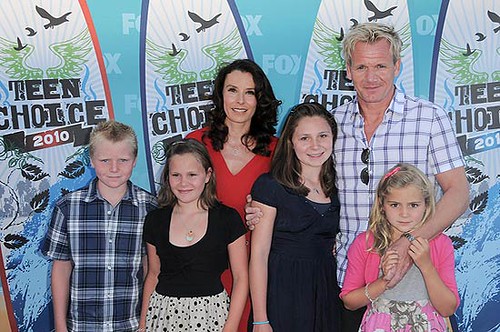
TV’s most fiery chef admits he’ll pay a home deposit for his six children but nothing beyond, wanting them to learn that success comes from elbow grease, not silver spoons—he told CNN it’s “definitely not going to them…so they are not spoilt”. Ramsay’s style might be caustic, but his parenting philosophy is straight to the point: earn it or burn it. He’s said he’ll gift each child only a 25 percent deposit on a flat—so they still have skin in the game instead of sailing into the first-class lounge of life.
With a brand built on blood, sweat and tears, Ramsay figures the kitchen—and life—are best learned with your sleeves rolled up, not bank-rolled. After all, if you can handle a screaming kitchen line at peak dinner service, you can handle anything life throws at you. And as noted by the entertainment site LADbible, his “not-spoiling” mantra fits right into a growing celebrity trend that rejects entitlement and aims to instill real-world grit in the next generation
2. Jerry Lewis
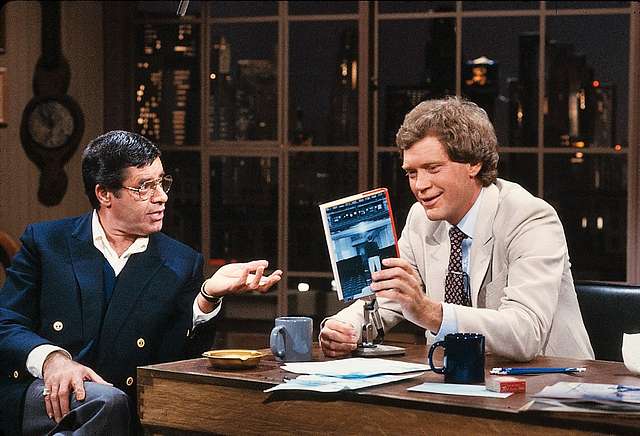
Jerry Lewis may have been America’s favorite comic relief, but when it came to his will, he played the ultimate prank on his six kids. According to People, Lewis “intentionally excluded” all six children from his inheritance, opting instead to pass his estate to his longtime partner SanDee Pitnick. No punchlines here—just a cold, hard decision that left his kids set for zilch.
The backstory? Lewis’s relationship with his children had been rocky for years, and by the time he updated his will, he’d decided they’d had their shot. Rather than shelling out assets to grown kids he barely spoke to, Lewis chose to favor the person he felt was truly family near the end. Lawyers later confirmed there was no typo—he really meant to disinherit them all. Cue the collective gasp.
3. Tony Curtis
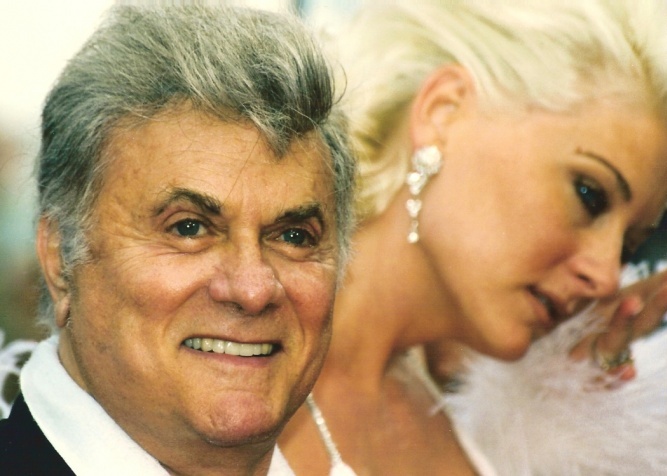
Oscar-nominated actor Tony Curtis stunned Hollywood when he rewrote his will just months before his death—snubbing not only his five children but giving the proceeds of a $1 million auction to charity and his fifth wife, Jill Vandenberg Curtis. As reported by Forbes, Curtis specifically named each child to ensure there was no accidental inheritance.
Apparently, Curtis felt his kids had all the tools they needed (and probably more), so he wanted them to earn their own stripes rather than live off his name. In interviews, his children said they were blindsided—one even alleging undue influence at the time he made the change. It’s the kind of plot twist that turns a biopic into a courtroom drama.
4. Jackie Chan

Martial-arts megastar Jackie Chan shocked fans—though perhaps not his only son Jaycee—by declaring that Jaycee wouldn’t get a cent of his $130 million-plus fortune. In a candid moment on the red carpet, Chan told Channel NewsAsia (via the LA Times) that half of his wealth would go to charity and “the other half would not be going to Jaycee.”
Chan’s logic? If Jaycee can stand on his own two feet, great; if not, Chan figured he’d be wasting his money. With a son who’s faced well-documented legal issues, Chan saw an opportunity to spin life lessons into estate planning. It’s less roundhouse kick, more round-the-world generosity—with a side of tough love.
5. Jeff Goldblum

Hollywood’s most charming fish-out-of-water, Jeff Goldblum, revealed he’s not planning to bankroll his two boys for life. As detailed by the New York Post, Goldblum told his sons they’ll have to “row your own boat” when they grow up—no surprise trust fund coming their way.
Goldblum, who became a dad at 62, loves teaching self-reliance over handing out huge checks. He says the boys already raid his closet—eyeing Rolexes and Cartier watches—but insists that knowing how to hustle beats any heirloom. It’s peak Goldblum: playful, thoughtful, and just a little eccentric.
6. Sting

The Police frontman turned philanthropic powerhouse has six kids, but he’s made it clear they won’t inherit his £180 million empire. According to The Guardian, Sting fears that massive wealth would be “albatrosses round their necks,” so he’s spending it now (and giving plenty to charity) instead of leaving it in trust.
Sting’s got a poetic streak about money: he wants his kids to make their own way, not lounge in a gilded cage. Having grown up in a working-class setting, he sees the flip side of privilege and chooses to invest in causes rather than pad bank accounts. It’s less “Fields of Gold” and more fields of social good.
7. Simon Cowell
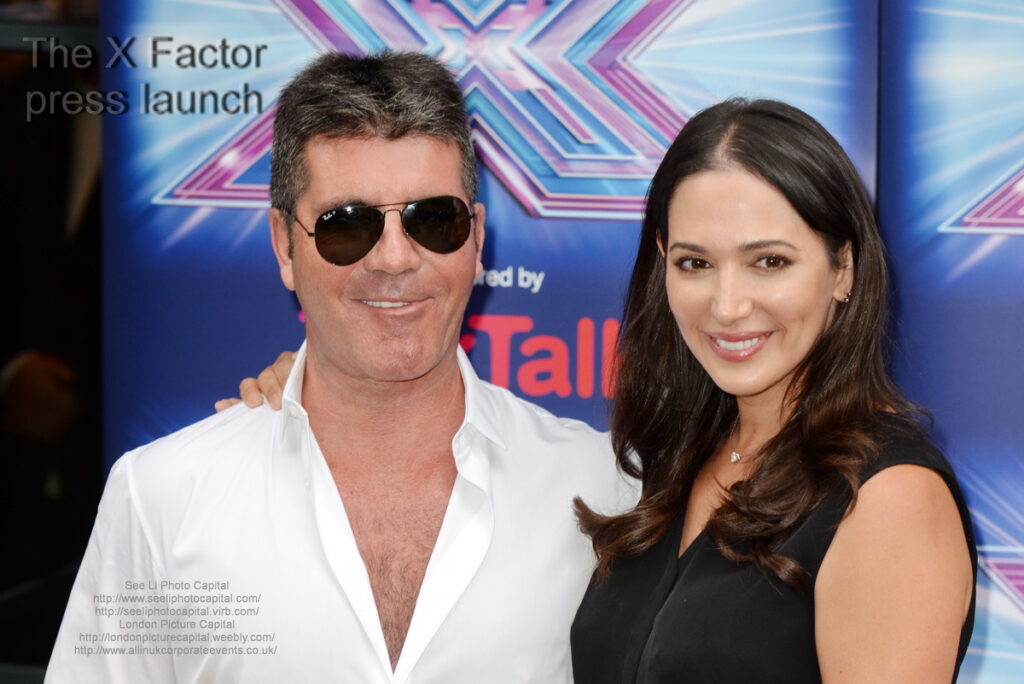
Judge, mogul, global talent-scout—and noted non-believer in generational wealth—Simon Cowell has said he plans to give his fortune to charity, not his son. He’s quoted as believing in rewarding hard work over handouts, so a hefty X-Factor-style elimination awaits any notion of a trust fund. Cowell’s approach is part financial philosophy, part punchy TV persona.
By focusing on philanthropy, he hopes to set an example beyond the stage. Plus, knowing Simon, he’s probably got a “Golden Buzzer” lined up for some worthy cause when he departs this world.
8. Kevin O’Leary
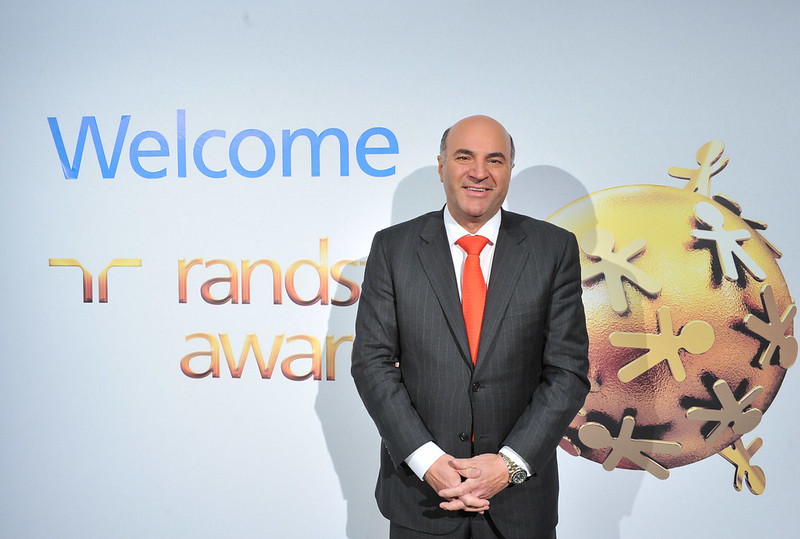
“Mr. Wonderful” from Shark Tank isn’t sinking into parental generosity, either. O’Leary insists his kids must face life’s teeth—no cushy inheritance from Dad’s estimated $400 million net worth. He’s spoken about setting up a minimal trust for grandchildren but making the next generation earn every penny.
His logic echoes his on-air persona: fear is a motivator, so let young folks feel the pressure (in a good way). If there’s one thing the Sharks know, it’s that adversity breeds innovation—and a rich kid’s trust fund can dampen that drive.
9. Warren Buffett
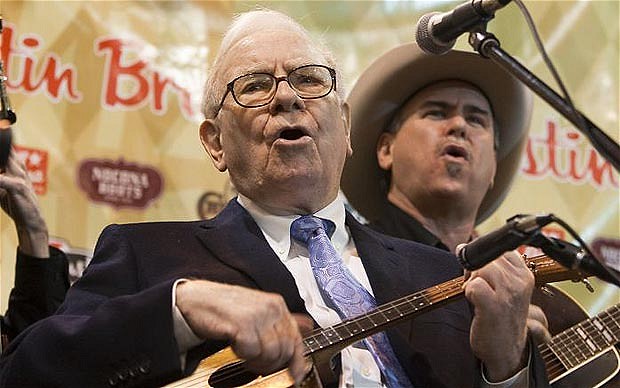
Oracle of Omaha? Sure. Trust-fund patron? Not even close. Buffett has vowed to give away 99 percent of his roughly $100 billion fortune to charity, leaving his three kids token amounts—just enough to keep them humble. He’s called dynastic wealth “dangerous” and urges peers to the Giving Pledge instead.
Buffett wants each generation to find its own path, and with a 99 percent charitable plan, he’s walking the talk. His children famously get letters predicting they’ll split “something around $2 million” each—a tiny blip on the Buffett scale but a lifetime for most.
10. Bill Gates
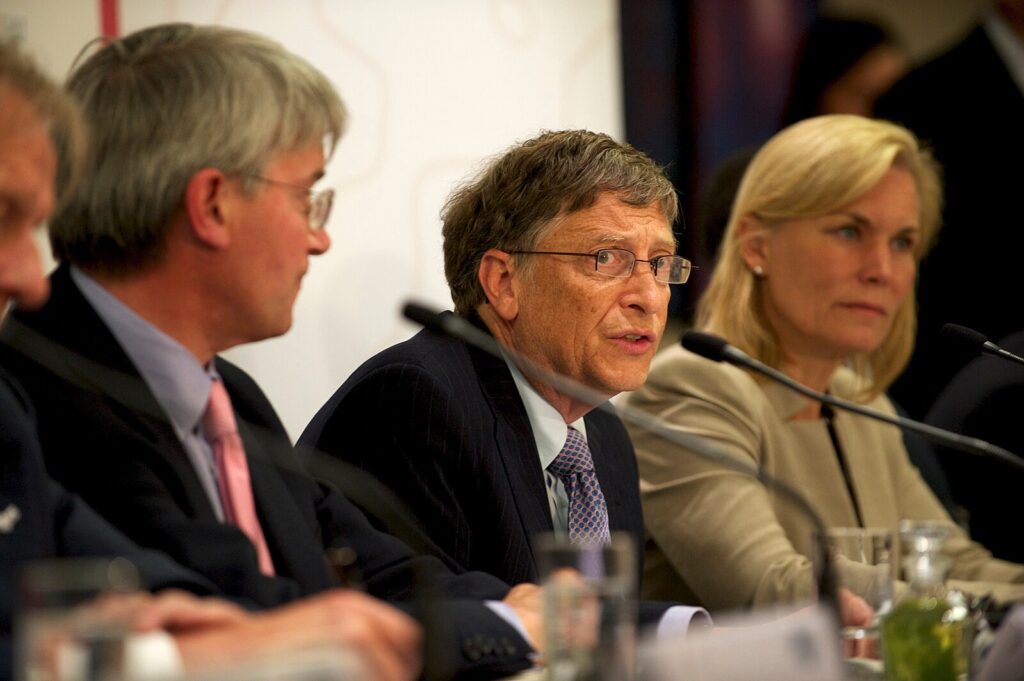
Bill Gates hopped on Buffett’s train, promising his three kids “won’t have anything like” his $100 billion-plus fortune. A Reddit AMA had him explaining that insatiable motivation comes from earning, not inheriting—so the Gates children will inherit the “college paid for” perk, then it’s grind time.
The Bill & Melinda Gates Foundation will soak up the lion’s share, funding global health and education. Gates views his kids’ futures as brighter when they chart their own courses—and let’s face it, handing out that level of wealth could get messy.
11. Anderson Cooper
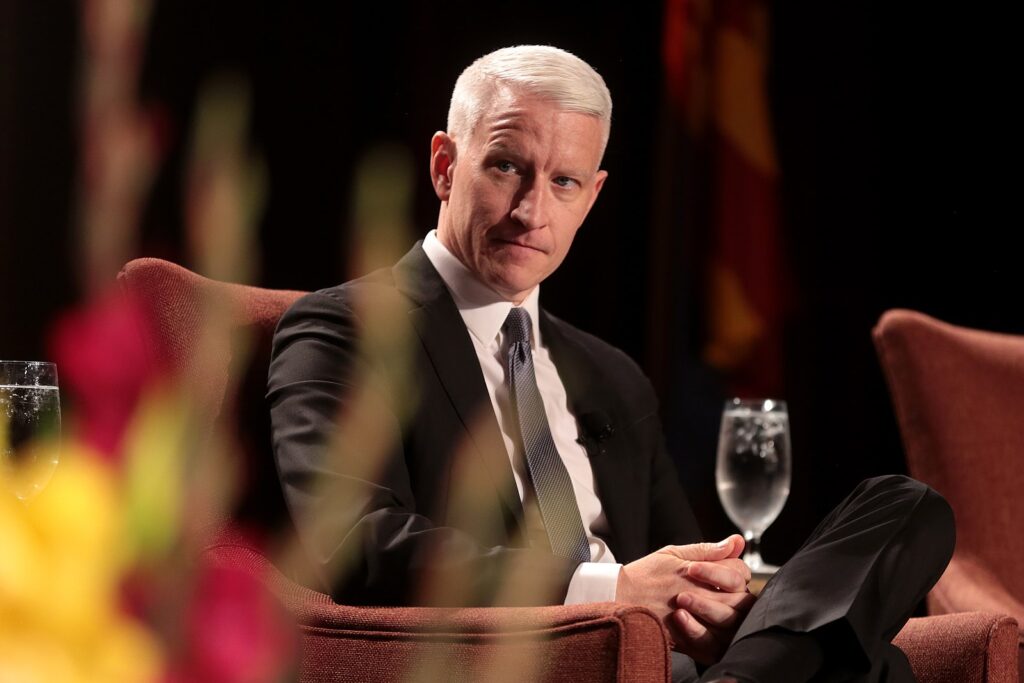
CNN anchor Anderson Cooper’s parents impressed upon him that he’d never get a trust fund, only an education. He’s pledged to follow suit for his son, believing that self-reliance is the ultimate life hack. Growing up Vanderbilt-wealthy and still scraping by on merit, Cooper knows a little edge keeps you sharp.
His brand of generosity? Pay for the school fees, then shut the bank. It’s an approach informed by having the world’s scrutiny trained on your family—sometimes a little tough love is the best gift.
12. George Lucas

Star Wars creator George Lucas sold Lucasfilm to Disney for $4.5 billion—and punted the cash into scholarships and student-friendly programs rather than family estates. He’s long said wealth is best used “to raise the bar for future generations” through education.
By channeling windfalls into nonprofit avenues, Lucas hopes to ignite imaginations everywhere—no Skywalker trust fund required. The Force, it seems, is strongest in a well-funded classroom.
13. Michael Bloomberg
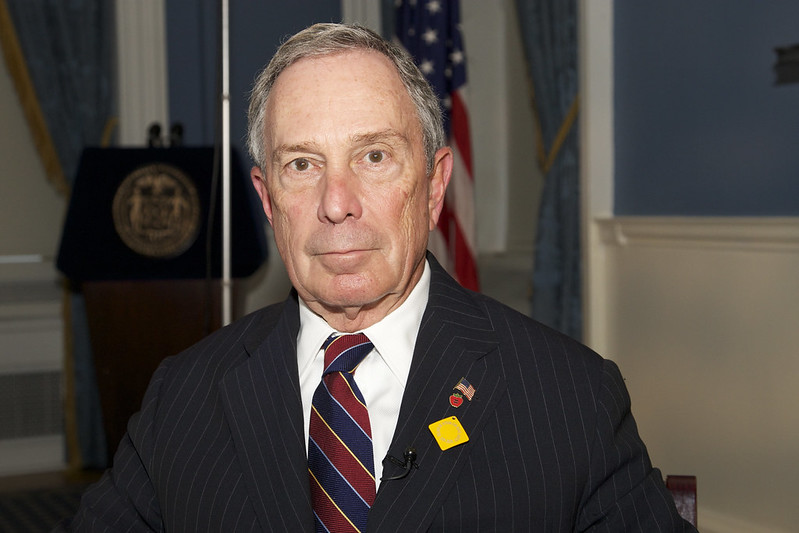
The three-term NYC mayor and Bloomberg LP founder has pledged much of his $60 billion-plus net worth to charity, focusing on gun control, climate and public health. He’s made clear his kids won’t get mega-multimillionaire checks, preferring impact over affluence.
It’s a numbers-and-no-nonsense ethos: Bloomberg sees no upside in leaving skyscraper-sized fortunes to heirs who didn’t build the empire themselves. Better to tackle big problems now than hand off yachts later.
14. Ashton Kutcher
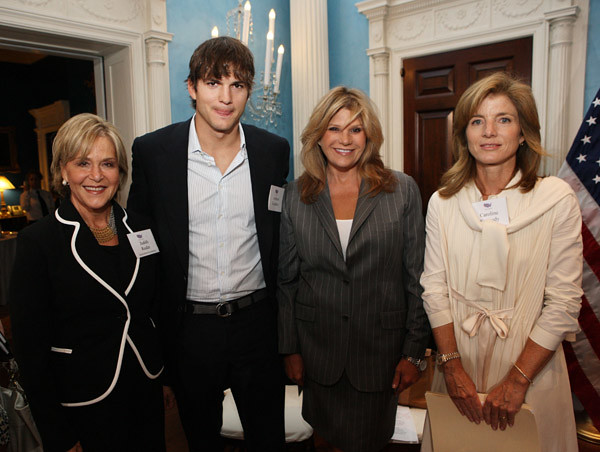
Hollywood heartthrob Ashton Kutcher told fans he’s not setting up a trust fund for his two kids. Sharing a similar refrain, he says that the true love story is watching a child carve their own legacy, not living off theirs.
From tech startups to TV sets, Kutcher’s built his own fortune—and insists his kids will have to, too. After all, nothing says “I care” like leaving the world your vision, not a check.
15. Robert F. Smith
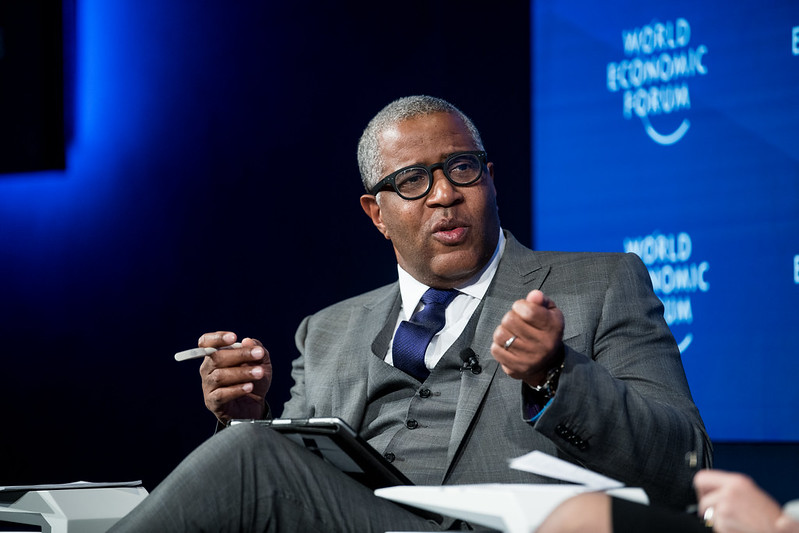
Private-equity titan Robert F. Smith pledged in 2019 to pay off the student debt of an entire Morehouse College graduating class—and has made it clear that he plans to deploy his $8 billion-plus net worth for wider social good rather than pad family coffers. Smith believes in legacy through impact, not inheritance, wiring resources to transform communities.
His kids will still learn from one of America’s most successful financiers, but they won’t be floating on a giant trust fund raft. Instead, Smith uses his wealth to buoy entire generations.
This article is for informational purposes only and should not be construed as financial advice. Consult a financial professional before making investment or other financial decisions. The author and publisher make no warranties of any kind.








